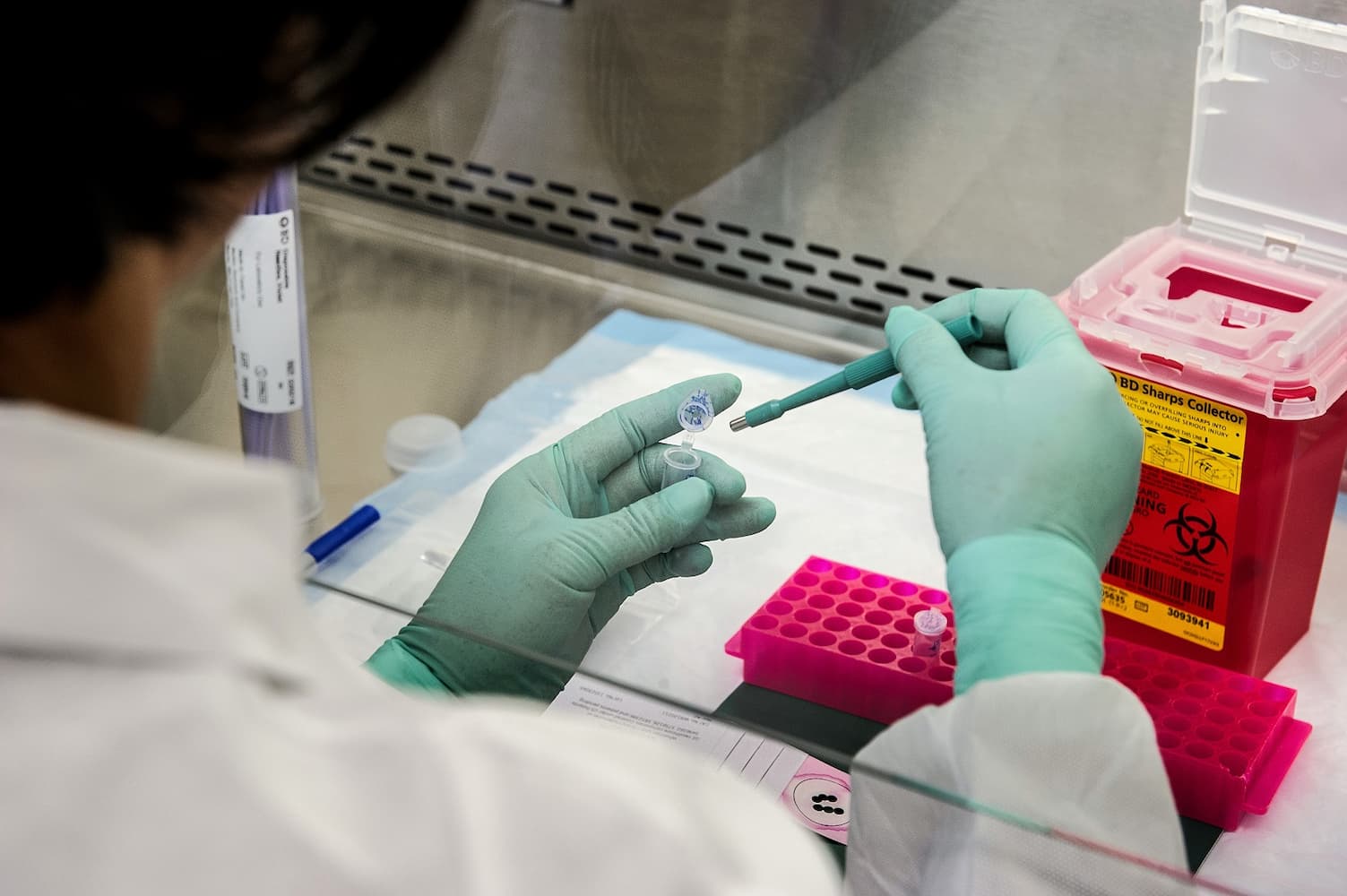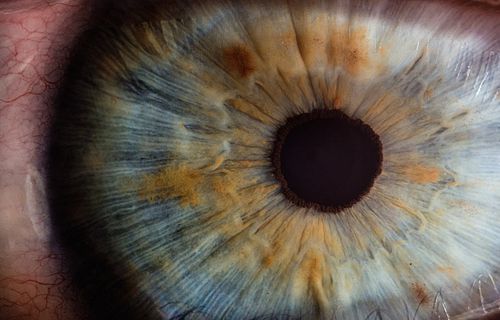What is Allergy Testing?
Allergy testing involves a skin prick test or blood test to determine which substances a person may be allergic to. Identifying the things that trigger an allergic reaction in a person's body will enable an allergy specialist to develop a treatment plan to reduce, if not eliminate, their allergy symptoms. Allergy testing can help mitigate all kinds of allergies like asthma, nasal congestion, anaphylaxis, contact dermatitis, eczema and allergic rhinitis, to name a few.

Why Study Allergy Testing?
Millions of people are affected by all sorts of allergens, ranging from pollen, mould and dust mites to penicillin, perfume and pet dander. Even wearing latex gloves or drinking a glass of milk can cause one to experience hives, wheezing or difficulty in breathing. Studying allergy testing will lead to an in-demand job, one which equips you with the skills and tools to identify and manage every single one of these allergy triggers.
As a certified allergist, you can help others prevent recurring allergies and improve their lives. A course in allergy management is highly recommended to everyone who provides health services, as well as teachers, day care providers and food service workers.
What Does It Take to Study Allergy Testing or Become a Practitioner of It?
Besides treating a patient's allergies, an allergy specialist educates them on what causes their allergies and how to prevent these. As you study to become one, you must maintain an open mind and an enthusiasm to identify the triggers of various allergic conditions.
An allergist's good communication and listening skills help them get to the bottom of a problem and explain to a client what needs to be done in order to resolve it. Being analytical, focused and organised are other essential qualities that produce positive patient outcomes.
Course and Study Options for Allergy Testing
Apart from medical doctors, natural health practitioners like naturopaths, homeopaths, kinesiologists, herbalists and nutritionists are also qualified allergy specialists. Whether you work in a conventional healthcare setting or practise complementary medicine, you can complete a certification training program or a diploma-level course, which covers diagnostic and treatment procedures for different types of allergies.
While some courses are delivered on-campus, others utilise a blended learning system that combines online education and a clinical training program, wherein you can assess actual patients under the supervision of certified allergists.
How to Choose a School or Course in Allergy Testing
Make sure to obtain your qualification in allergy testing from a registered training organisation (RTO) to ensure that you can practise in a professional capacity. An accredited course will train you in different allergy testing procedures, including scratch test, blood test and food intolerance testing, among many others. The curriculum also includes strategies to prevent allergic reactions.
As many schools claim to have expertise in allergy testing despite not having the credentials to prove it, we have compiled a list of qualified course providers at the top of this page to guide you to the best training experience. Take the time to go over each provider's course outline and contact them for any questions you may have. You also want information about their course fees, delivery method, and the duration of their training program so that you can plan your learning journey ahead of time.





